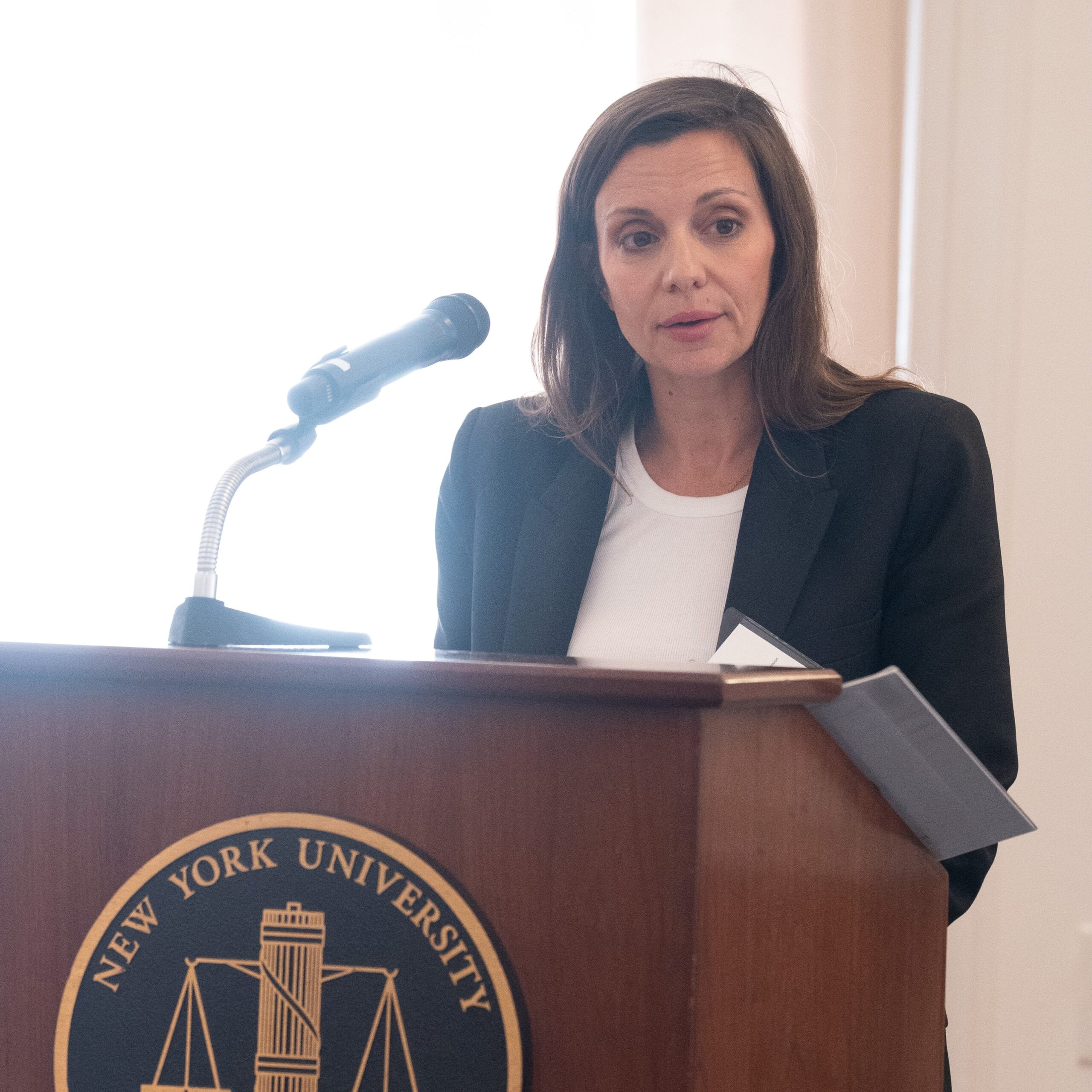by Charu A. Chandrasekhar, Avi Gesser, Arian M. June, Michelle Huang, Cooper Yoo, and Sharon Shaji

Top row: Charu A. Chandrasekhar, Avi Gesser, and Arian M. June
Bottom row: Michelle Huang, Cooper Yoo, and Sharon Shaji
(Photos courtesy of Debevoise & Plimpton LLP)
As artificial intelligence (“AI”) use and capabilities surge, a new risk is emerging for companies: AI whistleblowers. Both increased regulatory scrutiny over AI use and record-breaking whistleblower activity has set the stage for an escalation of AI whistleblower-related enforcement. As we’ve previously written and spoken about, the risk of AI whistleblowers is rising as whistleblower protections and awards expand, internal company disputes over cybersecurity and AI increase due to a lack of clear regulatory guidance, and public skepticism mounts over the ability of companies to offer consumer protections against cybersecurity and AI risks.








